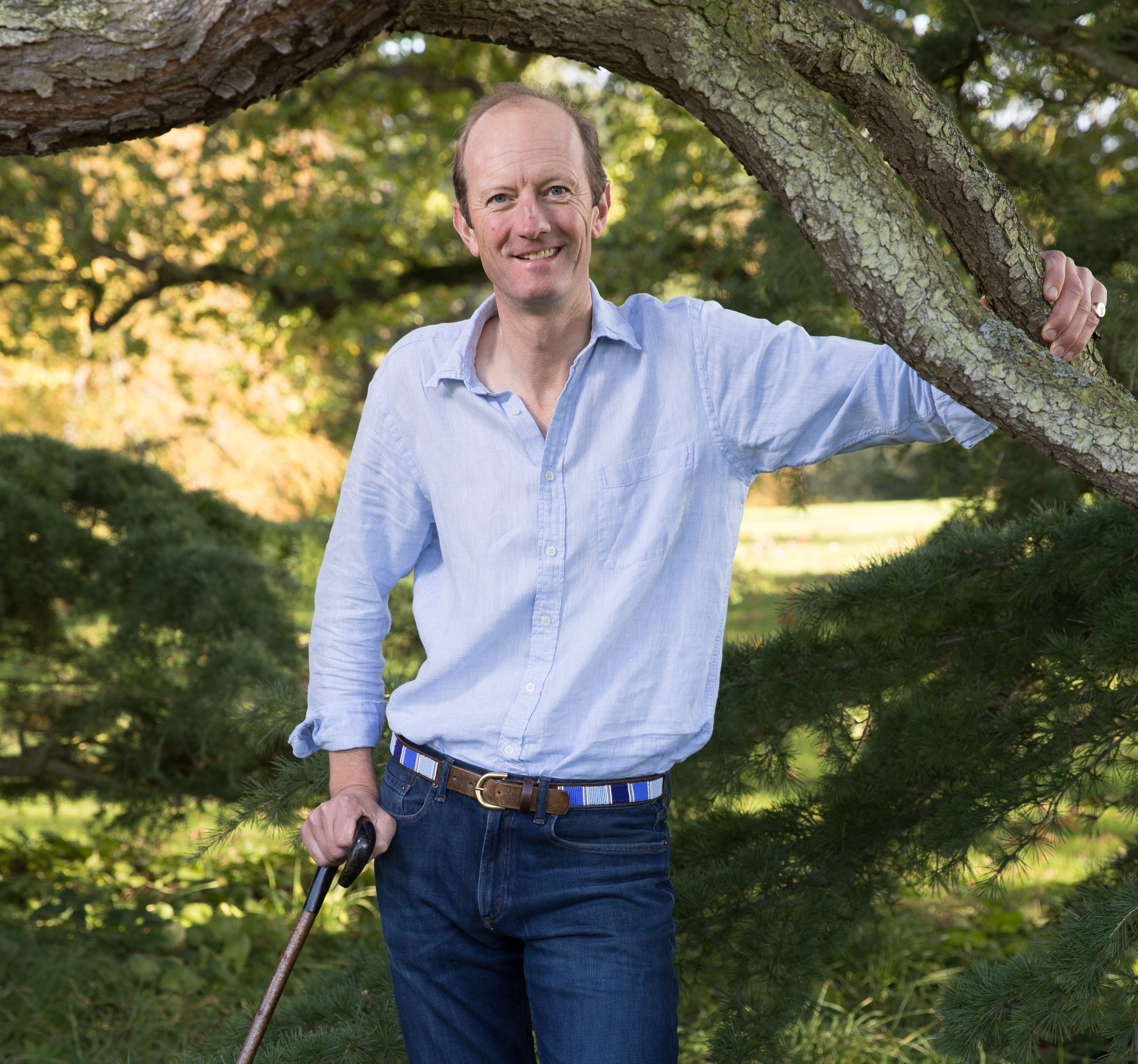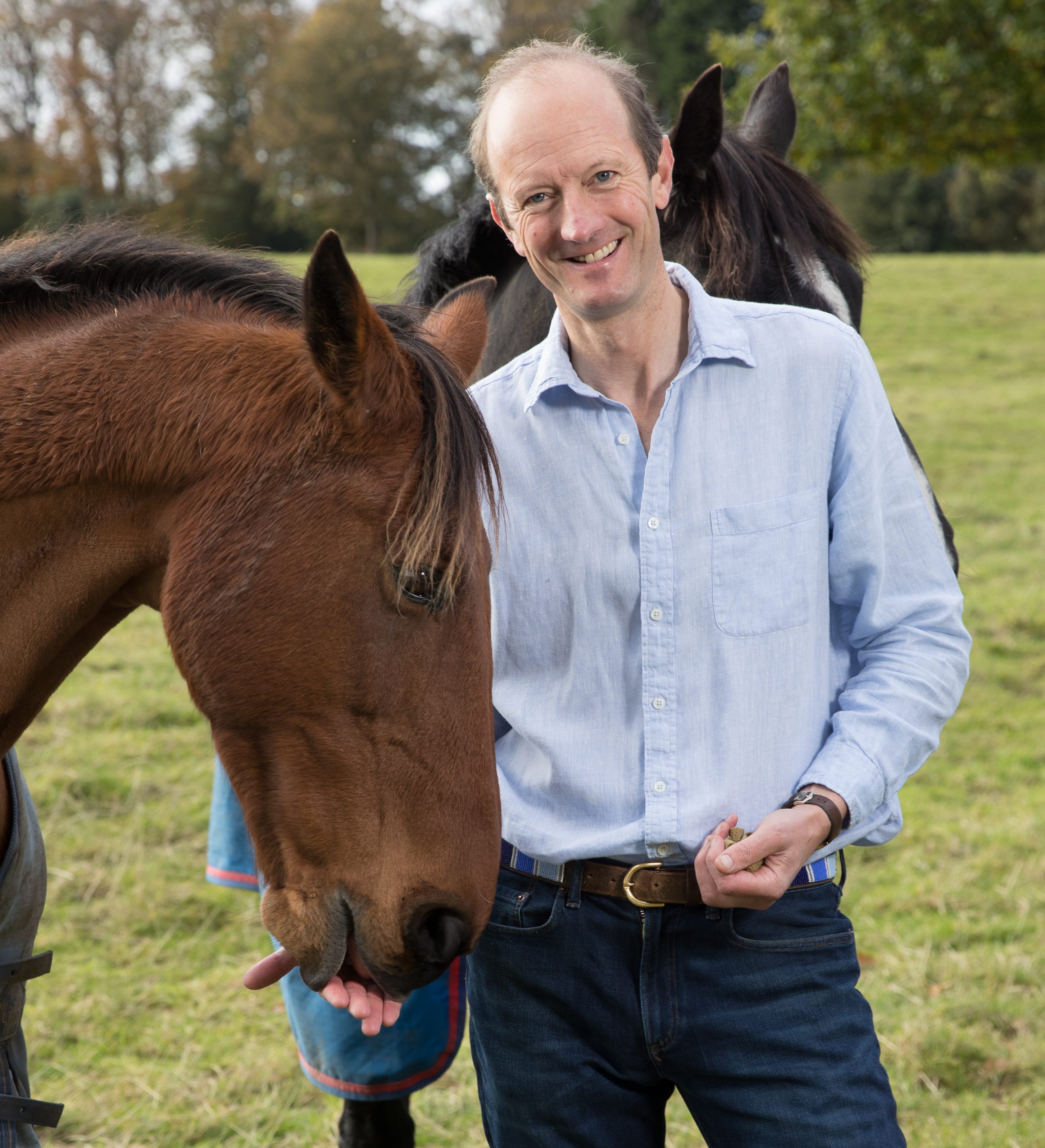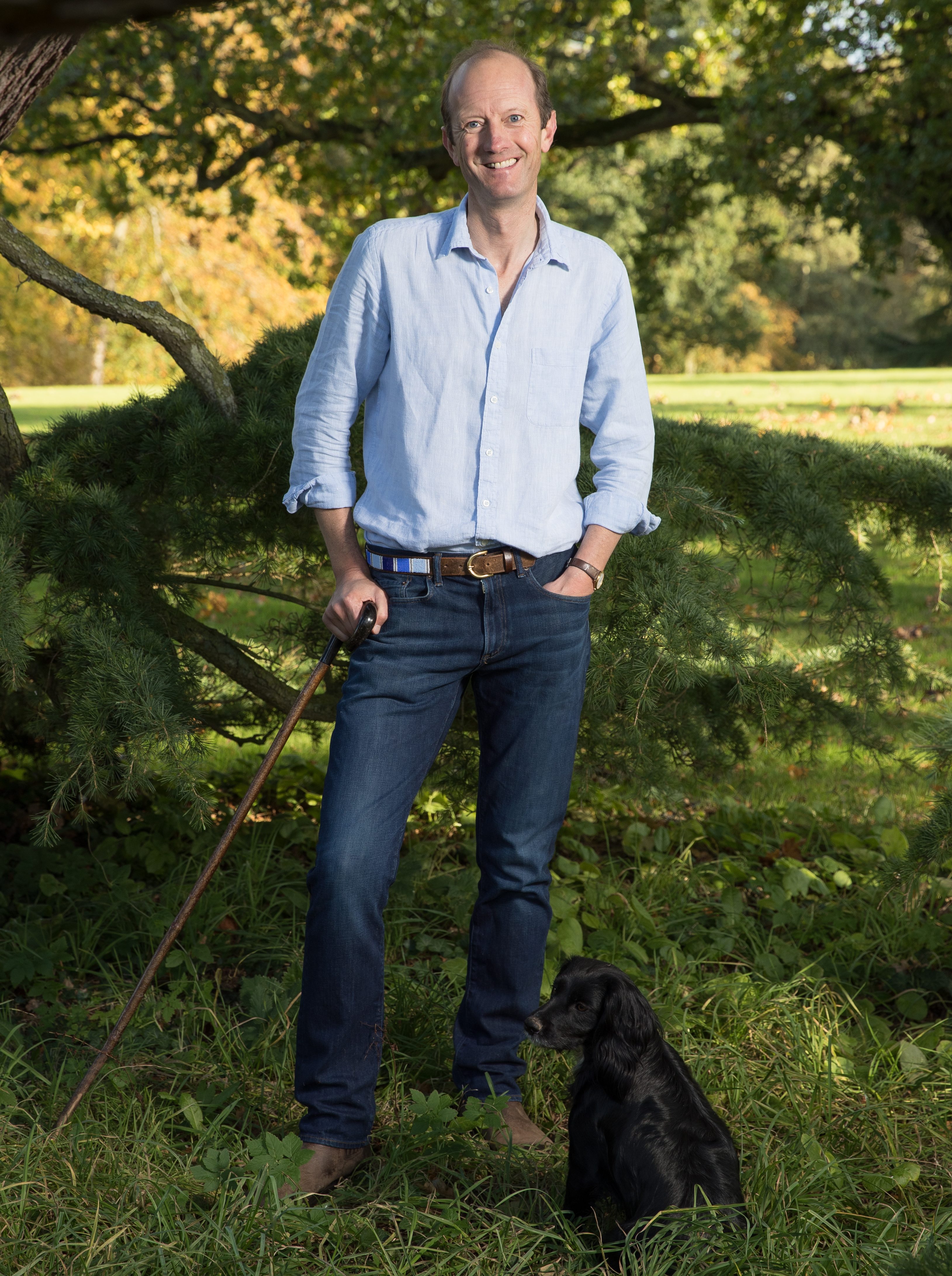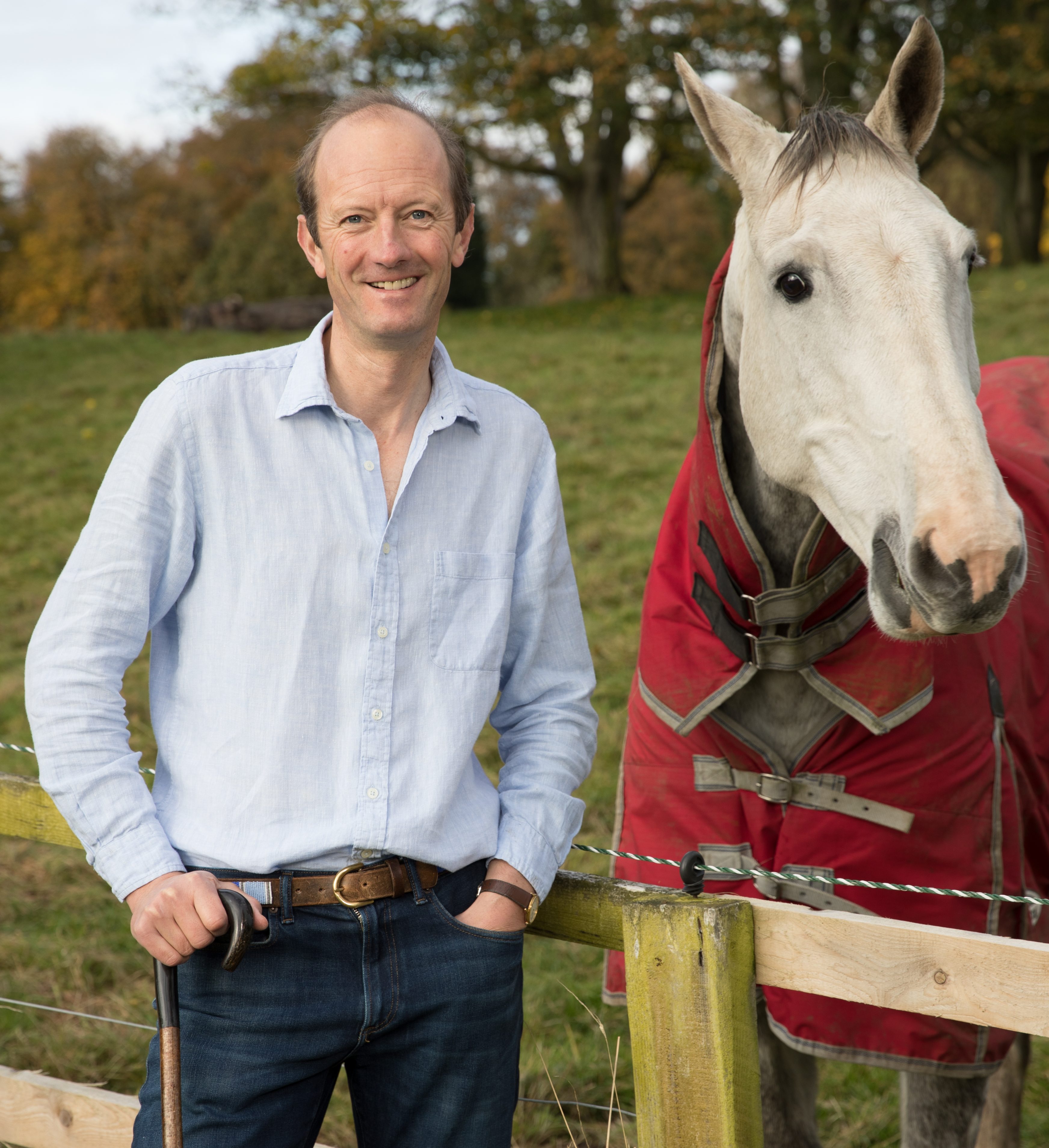The CLA president on why private landowners are part of the climate-change solution
The new president of the Country, Land & Business Association on challenges ahead, long term influence and why we aren't going to cover


The gestation period for a CLA president is more than six years, so Mark Bridgeman, the 54th in the landowner body’s 112-year history, might have reasonably expected Brexit to be history by the time he took office. Alas, on the day of our interview in October, a TV screen in the Belgrave Square, SW1, headquarters showed a gesticulating Boris Johnson and it was anyone’s guess where we’d be by the time Mr Bridgeman was officially ushered in last week.
One certainty, however, is that the CLA is ‘on the same page’ as other farming bodies in lobbying Government departments for ‘free and frictionless’ post-Brexit trade, for farm support payments to continue seamlessly and for countryside stewardship schemes to be practical and farmer led, rather than IT led. It’s also contributing to Henry Dimbleby’s Defra-commissioned National Food Strategy.
‘We mustn’t be disadvantaged by cheap imports,’ Mr Bridgeman points out. ‘We could be in a situation where we’re driving up our standards, which are already high, and letting in environmentally damaged goods. And we’ve got to make sure no farms go out of business – without the [current] Basic Payment System, over half of farms would be unprofitable. There mustn’t be a cliff edge.’

He points out: ‘We hear from our members that “the computer said no” and that current stewardship schemes don’t fit the reality of what’s on the ground. With land management, you need a long-term view: at least 25 years for tree-planting and 10 for other projects.
‘Defra is saying the right things, but the funding has to be justified to the Treasury. I think the only way it’s going to work is if the huge amount of landowner knowledge out there can be harnessed.’
Mr Bridgeman is himself involved with a Defra-funded project that links 62 farms along the coast of Northumberland, including his 2,500-acre family estate at Falloden, where he farms some 1,400 acres in hand, alongside let properties, a tourism business, woodland and renewable energy (biomass) and a housing development.
‘the lack of knowledge about the countryside is so extreme’
He converted the farm to organic on his return there 13 years ago, after a career in asset management with Schroders. ‘At some point I knew would go home,’ he says. ‘My father, who farmed it for 50 years, was altruistic and kept me in the loop. And our four children [aged 14 to 19] are hefted to the place.’
Exquisite houses, the beauty of Nature, and how to get the most from your life, straight to your inbox.
Mr Bridgeman’s grandfather bought Falloden in 1946; it had been in the Grey family for 250 years and was the birthplace of the 2nd Earl Grey (of tea fame). The last incumbent was Sir Edward Grey, Foreign Secretary, who, in 1914, described ‘the lamps going out all over Europe’.
The estate encompasses neither the coastal path, the completion of which seems interminable, nor the National Park, but Mr Bridgeman is a believer in public access, not only for health, but because ‘the lack of knowledge about the countryside is so extreme’.

The CLA had its say in the Glover Report into National Parks (May 29). ‘We’ve been asking for a third statutory purpose [that fosters economic wellbeing] and that’s the key thing in the report, that these places can’t be preserved in aspic. People need to be able to run businesses. We are, however, concerned about the idea of increasing the number of national parks, as resources are already stretched and our worry is that this could stifle economic development.’
If post-Brexit economics remain a worry, Mr Bridgeman sees the other prevailing topic – climate change – as something his 30,000-plus members can seize on. ‘I want to emphasise the contribution that private landowners can make and that we are part of the solution, through carbon sequestration and so on.
‘We are the ones who are able to support the Environment Bill,’ he points out. ‘If we’re to achieve net-zero emissions by 2050, then we have to reconfigure the economy. Rural estates are a force for good, enabling others to create businesses. Why wouldn’t you run a business in the countryside – if you’ve got connectivity?'
‘It’s easy to say, but where do you put the trees? You’re not going to cover the Lake District or productive land in Lincolnshire with sitka spruce.'
'A beautiful view, you can walk to work – even commuting into Newcastle has become a nightmare. ‘We need Government to provide the infrastructure – one-third of Britain doesn’t have 4G and we’re pushing for everywhere to have coverage by all four main networks.
‘The farm where we’ve got our tourism business had less than 2mb of broadband; now, it’s 70–80mb. When Boris was campaigning to be leader, he brought forward the deadline for fast broadband to all to 2025 and we intend to push him for it.’
Challenges during Mr Bridgeman’s presidency will include meeting the Climate Change Committee’s targets on tree cover and changes in land use. ‘It’s easy to say, but where do you put the trees? You’re not going to cover the Lake District or productive land in Lincolnshire with sitka spruce.'

‘The statistics are scary. Britain is very low in tree cover compared with the rest of Europe, but then we’re a crowded island producing food. There are a lot of dichotomies. We need to get grass back into rotational farming, but who’s going to eat it and how does that fit in with eating red meat? Commercial woodland and biodiversity – how does that interplay?’
Mr Bridgeman is also conscious that shooting is big business for some of his members. ‘You need to demonstrate that it makes a positive contribution to the environment,’ he comments. ‘Nothing in excess is a good thing in the countryside; the onus is on us as landowners to sort it. Bad practice is shooting’s Achilles heel.’
The likeable Mr Bridgeman is a man of friendly charm and calm, intelligent demeanour, who will serve a post-Brexit CLA well, especially if he achieves his aims of reinvigorating it and engaging with younger members. ‘Our long-term influence is very strong and we need to make sure members are aware of that.’
Kate is the author of 10 books and has worked as an equestrian reporter at four Olympic Games. She has returned to the area of her birth, west Somerset, to be near her favourite place, Exmoor. She lives with her Jack Russell terrier Checkers.
